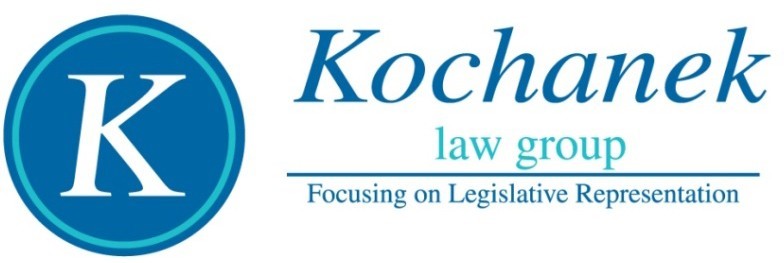AANC Legislative Update - 6/11/19
LEGISLATIVE REPORT - June 11, 2019
INTRODUCTION
BORN-ALIVE ABORTION SURVIVORS ACT
As the House and Senate negotiate the budget, only a handful of bills have been able to move through the legislative process with most still in Rules. Notably, the House did take up their veto override vote on Senate Bill 359, the “Born-Alive Abortion Survivors Act.” The Republican-controlled chambers moved to override Gov. Cooper’s veto of the controversial bill last month. The Senate successfully voted to override the Governor’s decision, but the House vote failed to reach the 60 percent majority vote needed to complete the override. The chambers, which both held Republican supermajorities last session, had overridden many of Gov. Cooper’s vetoes for the past two years with ease. With Democrats gaining seats and breaking the supermajorities last election, it is clear that Gov. Cooper’s vetoes will be much more difficult to be overridden now.
THE CRAFT BEER DISTRIBUTION AND MODERNIZATION ACT
After many years of debate over North Carolina’s self-distribution cap and franchise laws, brewers and wholesalers have also reached a compromise that will provide the craft brewers with greater opportunity to independently distribute and expand their businesses. The Craft Beer Distribution and Modernization Act also has ended Craft Freedom’s 2-year lawsuit challenging North Carolina’s self-distribution and franchise laws, which many brewers have found to be less than business-friendly as it often forces brewers to forfeit self-distribution rights and sign with a wholesaler into a nearly unbreakable contract. This legislation will raise the annual production cap from 25,000 barrels to 50,000 barrels annually without having to sign with a wholesaler, so long as their total sales volume does not exceed 100,000 barrels annually. This will also create a new, mid-level permit category of brewers who produce less than 100,000 barrels annually. The Craft Beer Distribution and Modernization Act received overwhelming bipartisan support and was signed into law last week by Governor Cooper.
REDISTRICTING LAWSUIT
The redistricting lawsuit was shaken up this past week with new shocking evidence suggesting that North Carolina Republicans misled a federal court to prolong the usage of gerrymandered maps for legislative state districts. The Republicans told the court that they would not have enough time to draw new districts and hold public hearings in time for a special election to be held in late 2017 or early 2018. This led the federal court to decide to not call a special election, leaving the current veto-proof Republican supermajority in both chambers for an additional year. A look through the hard drives of a deceased Republican strategist, Thomas Hofeller, proved this to be untrue. The hard drives showed that at the time of the federal court hearing almost all of the proposed new boundaries had already been drawn for over 90% of the Senate and House districts.
Rep. David R. Lewis, told reporters in the wake of this news on Thursday that legislators accurately described how they drew the 2017 maps. "I really can't speak to what's in those reports," he said. "I can tell you that all of the maps that I produced and I presented to the people and to the committee were drawn on a state computer on state time in the two-week allotted time period that we were given." In earlier proceedings, lawyers for Republican leaders had argued that the cited maps could have been work Hofeller did as a paid adviser in the lawsuit or could simply have been drawn out of Hofeller’s personal interest on his own time. Voting-rights advocates, the national parties, and other interested parties are sure to take particular interest in Hofeller’s hard drives and whether or not these storage devices should see the light of day, as lawyers for Republican leaders have already demanded that Hofeller’s hard drives be returned to his estate and copies be destroyed.
 This Legislative Report is a publication of Kochanek Law Group and is a member benefit of AANC. Any use or reproduction of this report is limited to AANC and its members.
This Legislative Report is a publication of Kochanek Law Group and is a member benefit of AANC. Any use or reproduction of this report is limited to AANC and its members.
